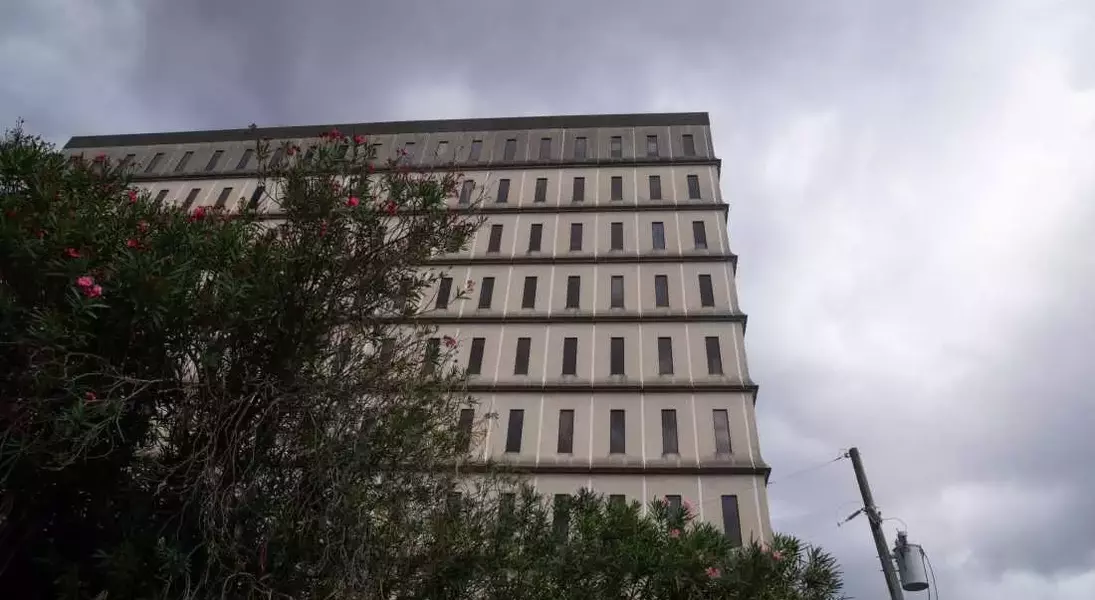
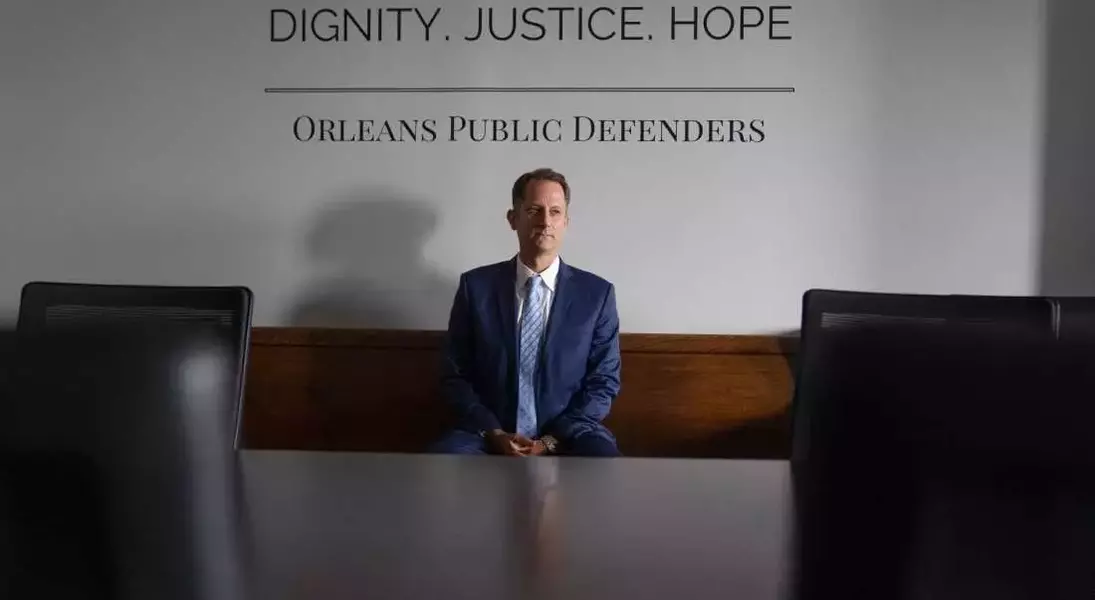

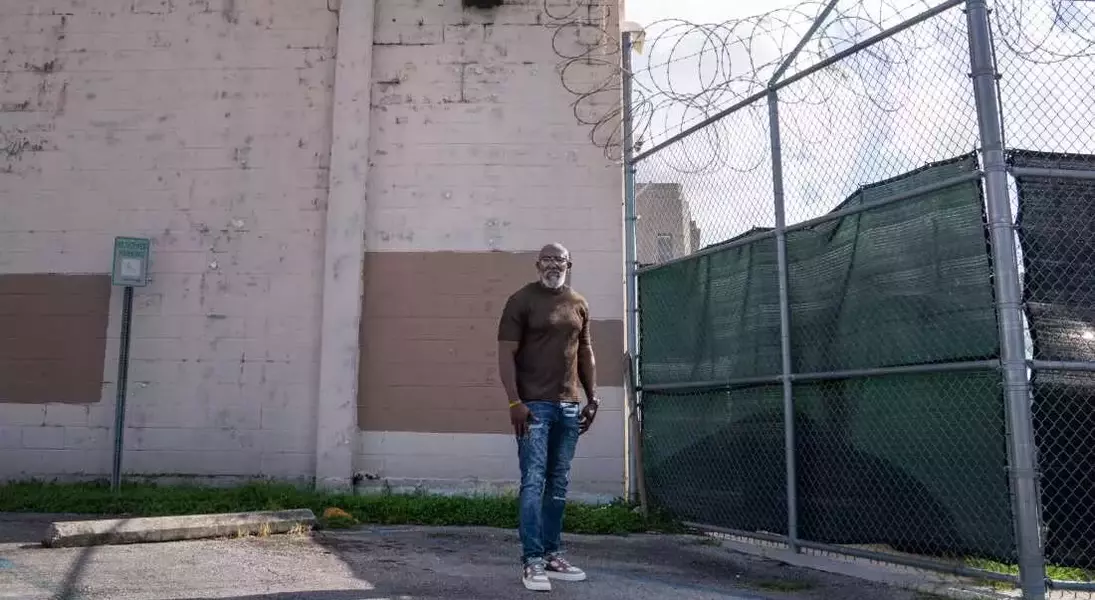
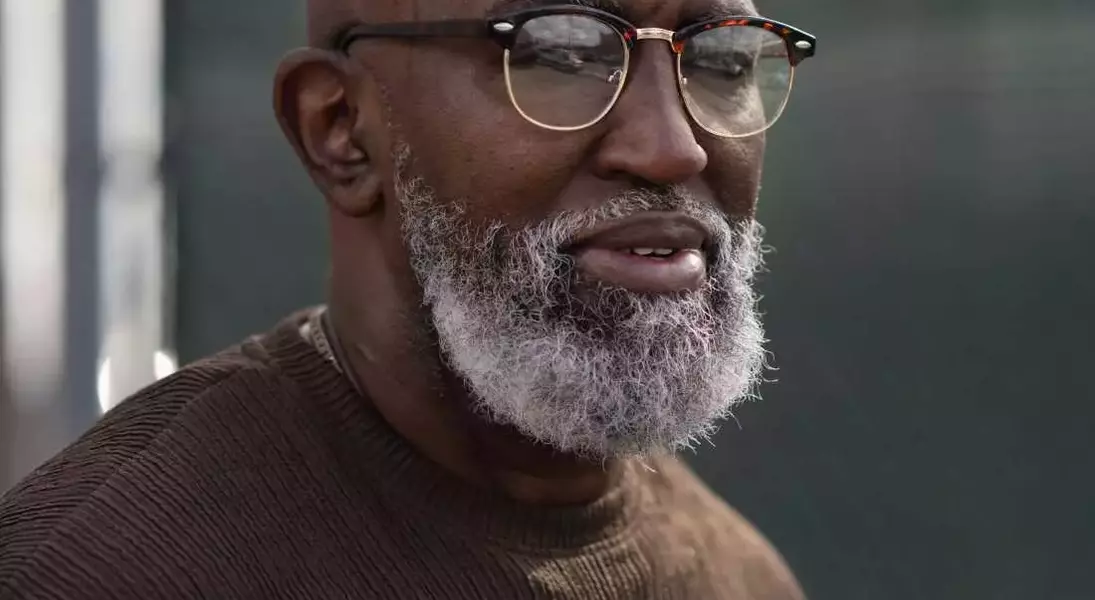
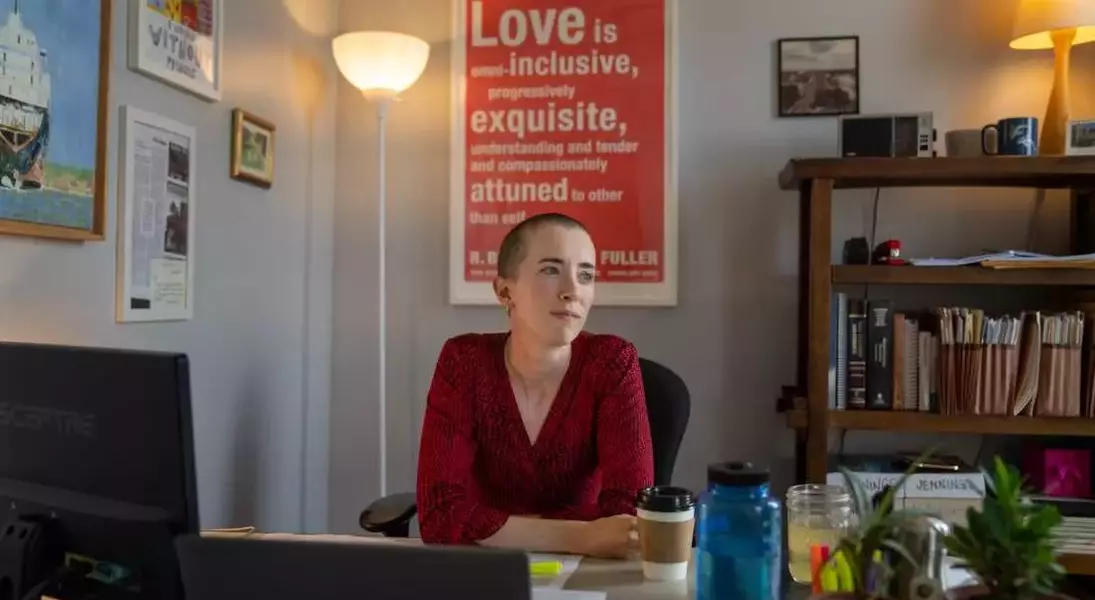

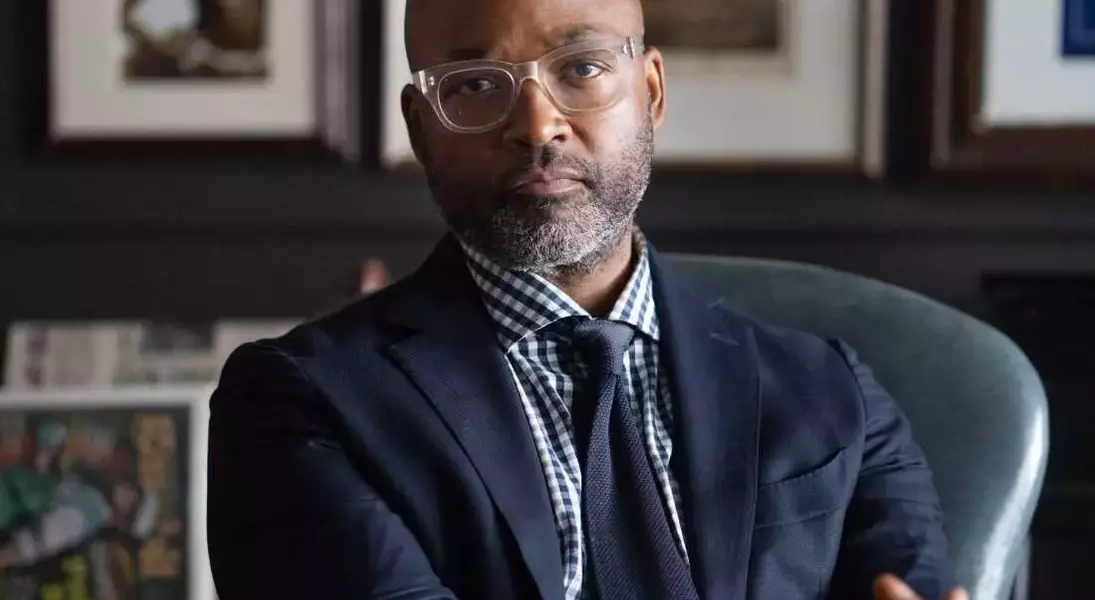


From Ruin to Reform: New Orleans' Public Defenders Forge a New Path Post-Katrina
The Genesis of Change: Hurricane Katrina's Aftermath and Its Influence on Legal Careers
Two decades ago, in the wake of Hurricane Katrina's devastating arrival in New Orleans, Meghan Garvey, then a recent law school graduate without full certification, found herself at the forefront of a monumental challenge. Her initial role involved tracing thousands of incarcerated individuals who had been displaced and lost within the fragmented prison system. The widespread movement of prisoners across various facilities within the state made it exceedingly difficult to ascertain their whereabouts, charges, or overall status. This chaotic period, marked by the city's remarkably high incarceration rates—five times the national average—and the loss of critical records during the storm, highlighted the severe inadequacies of the existing public defense framework. It was this pivotal experience that profoundly shaped Garvey's professional trajectory, leading her to dedicate her career to public defense.
Unmasking Systemic Flaws: The Pre-Katrina State of Public Defense in New Orleans
Before Katrina, New Orleans' criminal justice system was plagued by systemic issues that the hurricane exacerbated. Public defenders operated on a part-time basis, often unaware of their clients' identities until their initial court appearances, which could occur weeks or months post-arrest. Resources were scarce, with lawyers sharing computers and phone lines, and funding precariously linked to traffic tickets. This fragile system crumbled under the pressure of the storm, leaving thousands of inmates, including Ronald Marshall, in dire conditions. Marshall vividly recounts his experience during Katrina at the Orleans Parish Prison, where inmates endured days without electricity, food, or communication, resorting to burning baby oil for light. His harrowing account paints a grim picture of the neglect and chaos that defined the prison system during and immediately after the storm, leading to inmates being relocated across states without proper documentation or legal counsel.
Reconstruction and Redefinition: The Evolution of Public Defense Post-Katrina
The post-Katrina period marked a turning point for New Orleans' public defense. Harvard law professor Ron Sullivan was instrumental in spearheading reforms, recognizing that many individuals displaced by the storm were held for minor infractions. The transformation has been profound; the Orleans Public Defenders office, now a downtown hub occupying three floors and employing around 60 lawyers, stands as a testament to these changes. Meghan Garvey describes the current state as "night and day" compared to the early chaotic days. The office now offers comprehensive services, including round-the-clock representation, dedicated investigators, and social workers, ensuring immediate and effective legal support. Danny Engelberg, the current chief public defender, characterizes the rebuilding process as a "living, breathing experiment," driven by incremental successes and strategic investments in personnel and resources. This concerted effort aimed to demonstrate that robust public defense is not merely a constitutional mandate but a sound financial investment, given the high costs associated with incarceration.
Towards Fairness and Efficiency: The Impact of Funding Parity
A significant milestone in the reform journey was the New Orleans city council's unanimous vote in 2020 to ensure funding parity between the public defender's office and the district attorney's office. This decision, championed by then-city council president Jason Williams, aimed to foster a more balanced and equitable justice system. While some initially questioned allocating taxpayer money to defend alleged criminals, Williams emphasized that the goal was to achieve fair courts and safer communities, not to undermine justice. He argues that a well-resourced public defense makes the prosecution's job of proving guilt more challenging, thereby enhancing the overall fairness of the system. This parity reflects a fundamental understanding that an effective legal system requires all its components—prosecution, defense, and judiciary—to be adequately supported to function cohesively. The reduction in the local jail population from approximately 7,000 pre-Katrina to around 1,400 today further illustrates the positive impact of these reforms.
A Legacy of Empowerment: The Enduring Ethos of New Orleans' Public Defenders
Despite significant advancements, leaders like Engelberg and Garvey acknowledge that there is always room for further improvement in the public defense system, including the need for more legal professionals and expanded facilities. However, Garvey, the sole remaining full-time public defense attorney from the immediate post-Katrina era, highlights the invaluable lesson learned from the disaster: the legal system's integrity ultimately rests on the commitment of its people. The experience instilled a deep-seated ethos within the Orleans Public Defenders office—a steadfast belief that responsibility lies with them to uphold justice and ensure constitutional rights are protected. This unwavering dedication signifies a fundamental shift, moving beyond mere compliance to an active role in shaping a more just and equitable legal future for New Orleans, embodying the principle that the system cannot rectify itself without dedicated human effort.
